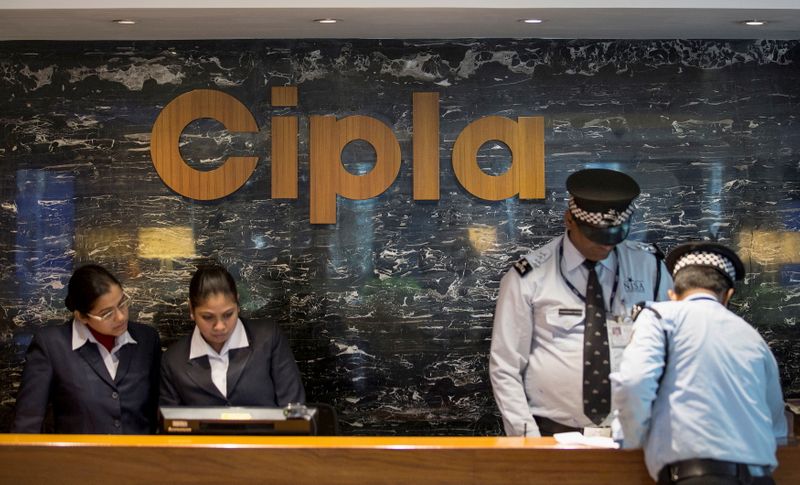BENGALURU (Reuters) -Eli Lilly and Co said on Monday it had signed licensing agreements with three Indian generic drugmakers to expand the availability of its arthritis drug baricitinib in the country for treating COVID-19 patients.
The agreements will bolster India's arsenal of drugs to battle its catastrophic second wave of the pandemic, which has led to an acute shortage of coronavirus medicines including remdesivir and tocilizumab.
The three Indian drugmakers - Cipla Ltd, Lupin Ltd and Sun Pharma - will collaborate with U.S.-based Lilly to help make and sell baricitinib in India.
Baricitinib has been given restricted emergency use approval by India's drug regulator for use in combination with remdesivir for the treatment of hospitalised COVID-19 adult patients requiring supplemental oxygen, Eli Lilly (NYSE:LLY) said in an emailed statement.
The U.S. Food and Drug Administration initially gave Lilly an emergency use approval in November for baricitinib in combination with remdesivir to treat COVID-19 patients.
"More licenses to additional Indian generic manufacturers are expected to be announced soon," said Luca Visini, managing director at Lilly India, without elaborating further.
Last week, Lilly said it would donate 400,000 tablets of baricitinib, to be used with remdesivir, to the Indian government.
These agreements would expand the portfolio of COVID-19 drugs offered by the country's drugmakers. All three companies offer antiviral drug favipiravir, used to treat patients with moderate to mild COVID-19.
Cipla, which also offers remdesivir and tocilizumab, said last week it would be the local distribution partner for a COVID-19 antibody drug cocktail developed by Roche and Regeneron (NASDAQ:REGN), after the therapy got domestic emergency use approval.

Separately, smaller Indian drugmaker Natco Pharma said https:// earlier this month it would request a compulsory license based on emergency approval for its own generic version of baricitinib.
India reported 366,161 new infections and 3,754 deaths on Monday, dipping from recent peaks, while calls grew for a nationwide lockdown.